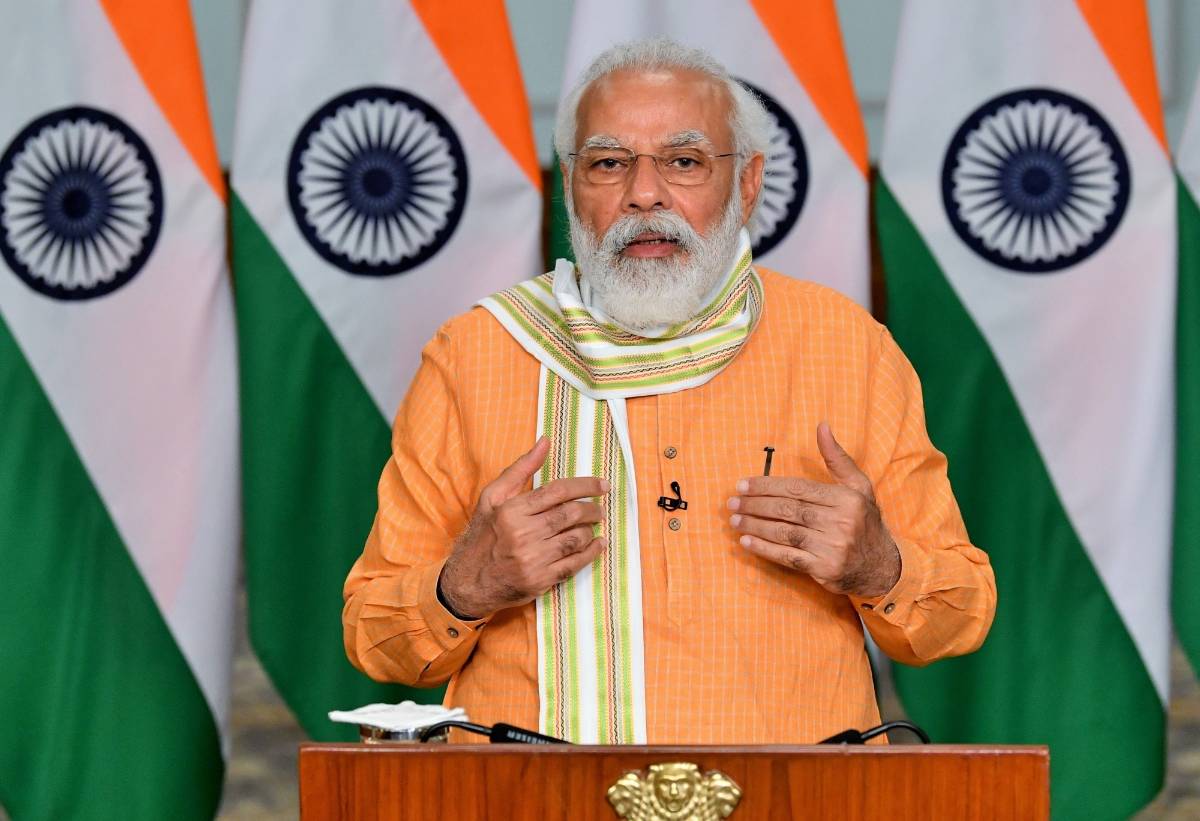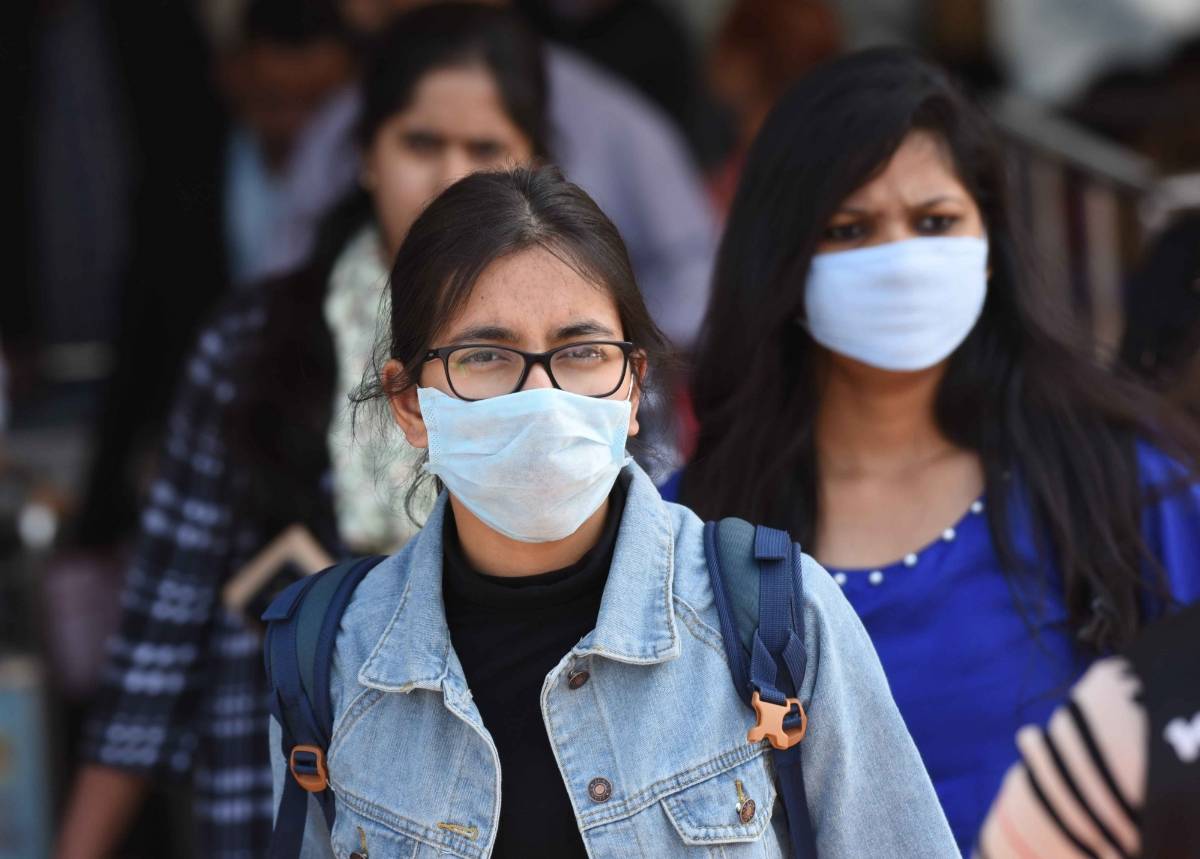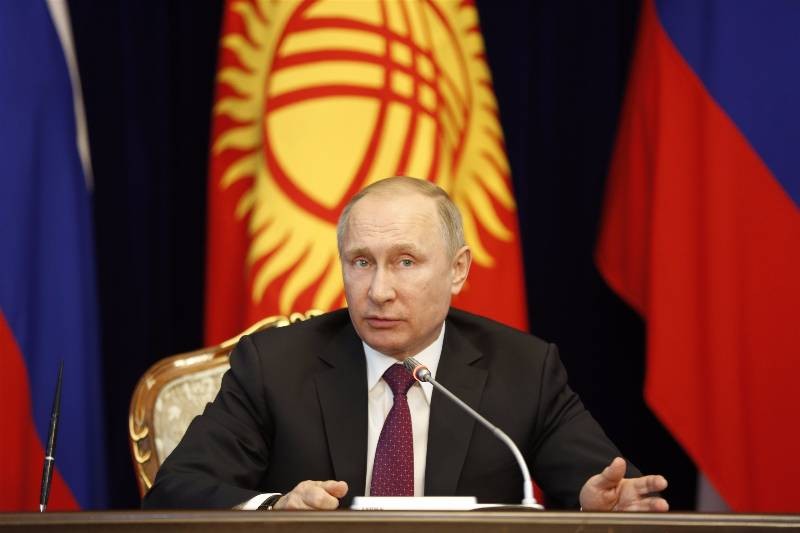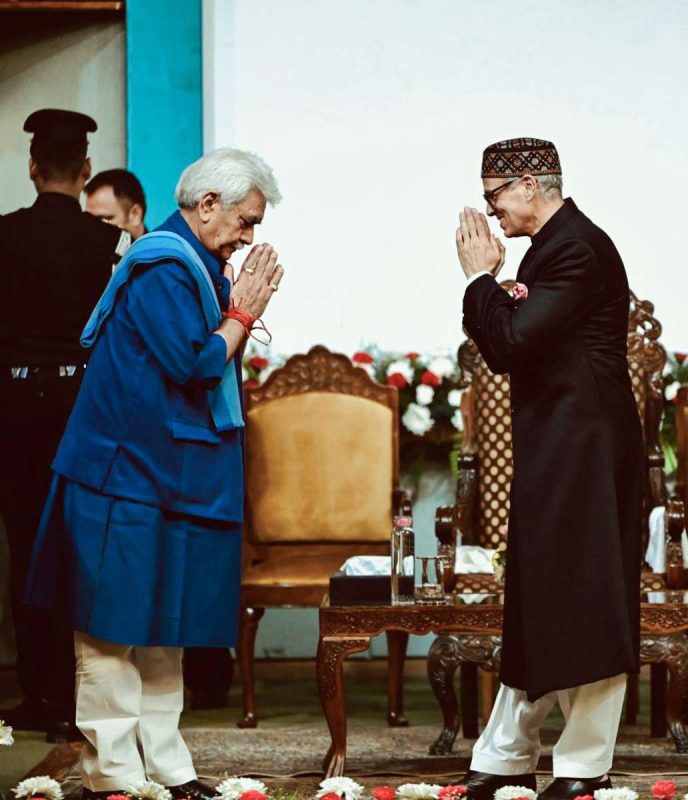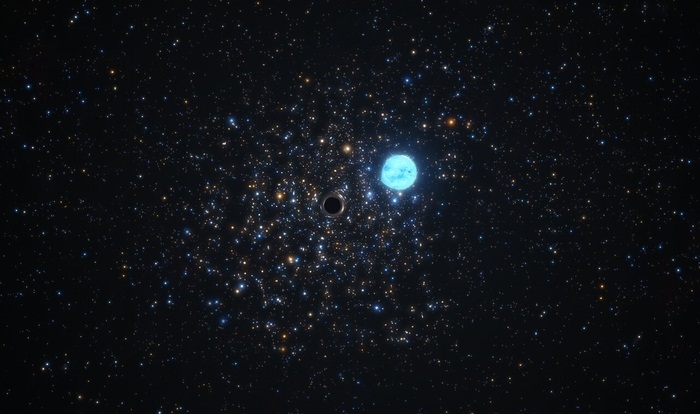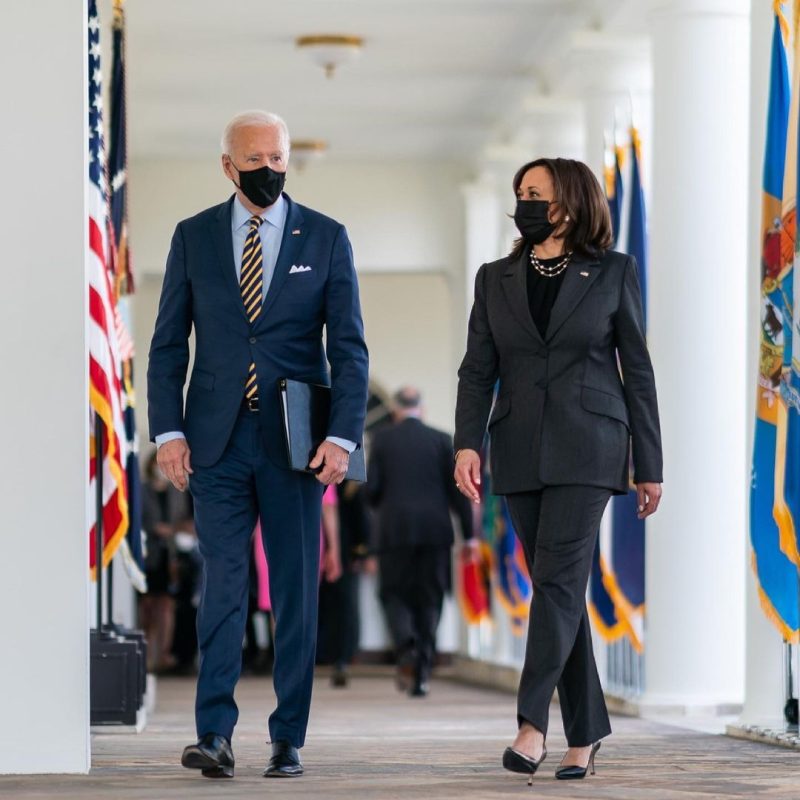Amid critique from certain quarters of the opposition, Prime Minister Narendra Modi on Saturday threw his weight behind the recently announced National Education Policy.
Claiming that the NEP aims to increase enrollment ratio to 50 per cent by 2035, the Prime Minister said that it will turn job seekers into job creators. “It will work towards changing our mindsets and reform our approach,” Modi said during his interaction with the finalists of the Smart India Hackathon through a video conference.
Asserting that the NEP aims to make the school, college and university experience fruitful, Modi said, “It works on a new approach, the approach of the 21st century.”
He also stressed the flexibility aspect which has been kept in mind while formulating the new policy.
From reusable sanitary napkins to real-time facial recognition system, Modi listened to the many inventions of the students during his interaction.
A student working on biodegradable sanitary napkins spoke to the Prime Minister on the occasion. Modi said that the government is already providing sanitary pad at Re 1 each. “The introduction of reusable sanitary napkins will be of great help to the girls. I congratulate you for being so thoughtful,” Modi said.
A student from the MLR Institute of Technology talked about real-time facial recognition. The student informed that even if one covers his or her face, Artificial Intelligence will recognise the eyes, the space between the eyes and the nose which does not change.
Modi stressed on the need for AI in policing to make it more interactive.

The Smart India Hackathon is a nationwide initiative to provide students with a platform to solve some of the pressing problems faced daily. It inculcates a culture of product innovation and a mindset of problem-solving, said the government.
Union Education Minister Ramesh Pokhriyal Nishank announced that the winner of the hackathon will get a cash prize of Rs 1 lakh.
The first round of the Smart India Hackathon 2020 saw the participation of more than 4.5 lakh students. More than 10,000 students are competing in the final to solve 243 problem statements from 37 central government departments, 17 state governments and 20 industries.


